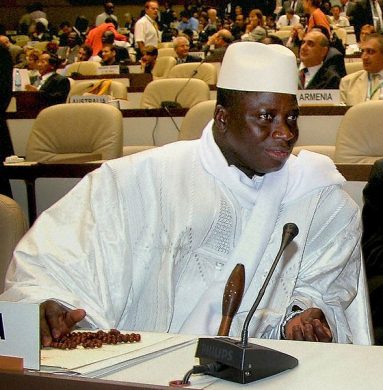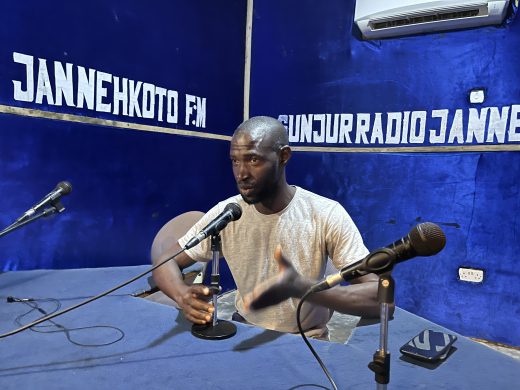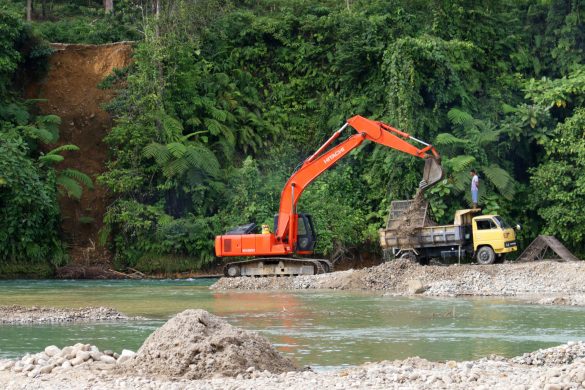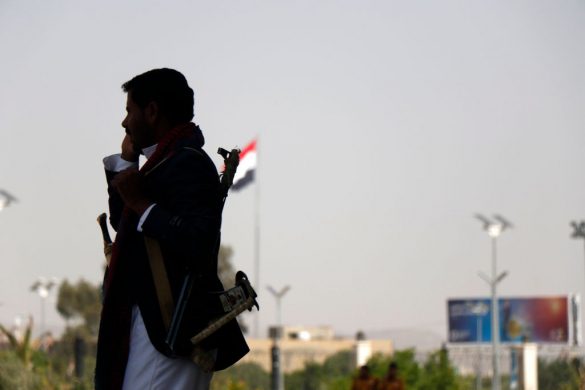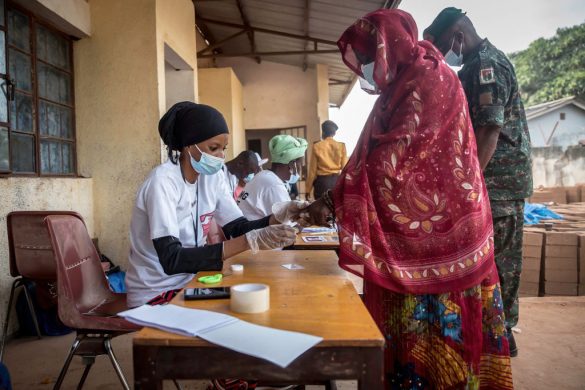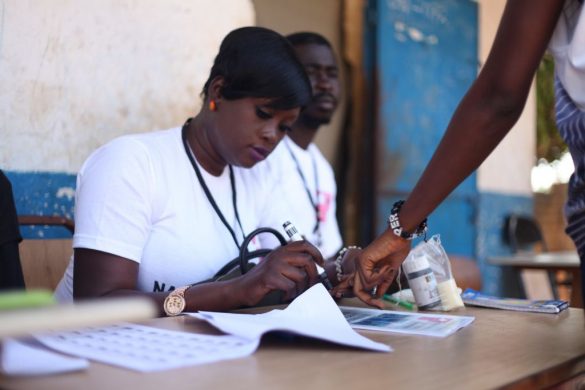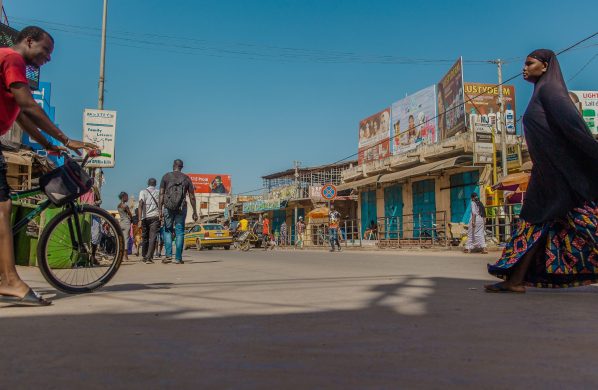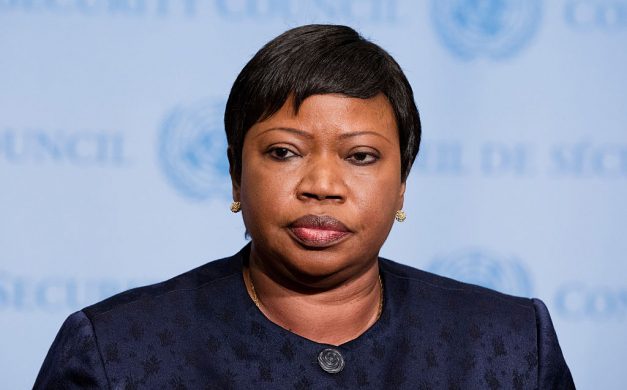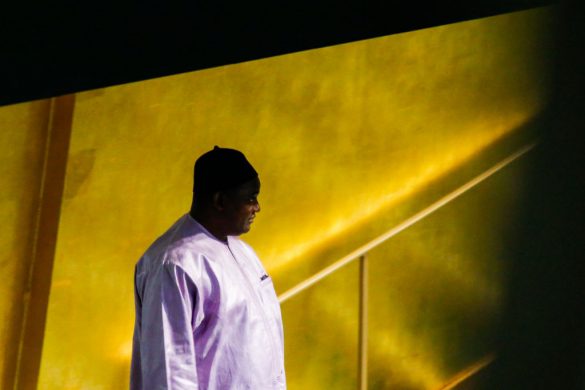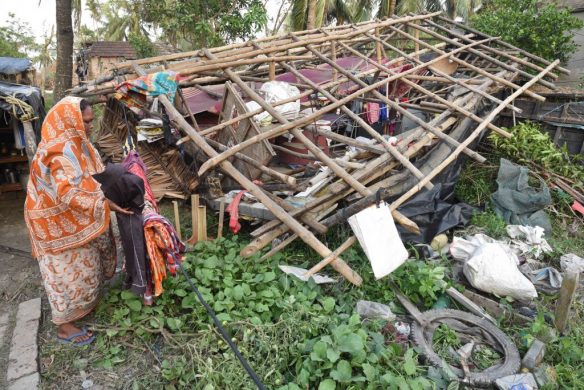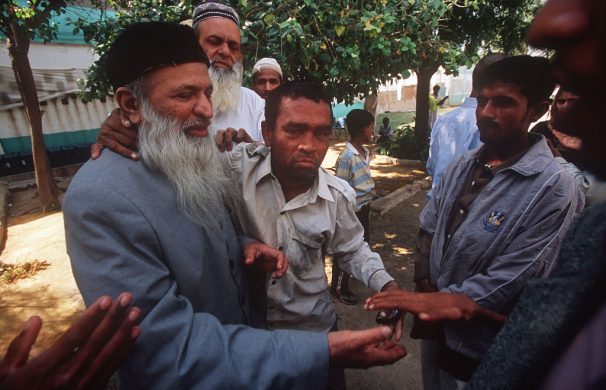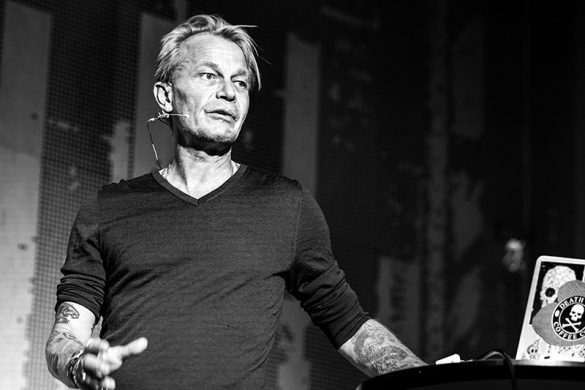Internet users have welcomed the decision by the Economic Cooperation of West African States (ECOWAS) to intervene in the Gambia, pressuring Gambian President Yahya Jammeh to go into exile after losing last month's election. Energized by this move, Africans on social media are now criticizing the region's other international groups for failing to remove other “dictators” who have long ruled throughout Africa.
Internet users have put tough questions to the Southern African Development Community (SADC), the East African Community (EAC), and the continental body the African Union (AU), among others.
In an intervention codenamed “Operation Restore Democracy,” ECOWAS threatened to remove Jammeh by force, ultimately pressuring former Gambian President Yahya Jammeh to go into exile.
Jammeh, who ruled the Gambia for 22 years, lost elections last month to Adama Barrow. After initially accepting defeat, Jammeh later refused to step down, citing supposed voting irregularities.
Jammeh met with several West African leaders, before a last-ditch peaceful mediation effort, after ECOWA's deadline first expired. He was then given one last chance before ECOWAS said it would deploy an armed monitoring group stationed just outside the capital, Banjul, that would force him from office. Finally, the presidents of Guinea and Mauritania convinced Jammeh to leave the country.
New President Adama Barrow returned to the Gambia on Jan. 26 after being inaugurated at the Gambian embassy in Dakar, Senegal. This was the first time an African president has ever been sworn in on foreign soil.
Following the ECOWAS’ success, Africans have singled out groups like SADC and AU for allowing Burundian President Pierre Nkurunziza and Zimbabwe's President Robert Mugabe to stay in power. Nkurunziza changed the constitution in 2015 to allow him to remain in office for a third term, and Mugabe, who is believed to have lost an election to Morgan Tsvivangarai, also retained his presidency.
Læs hele artiklen hos Global Voices

